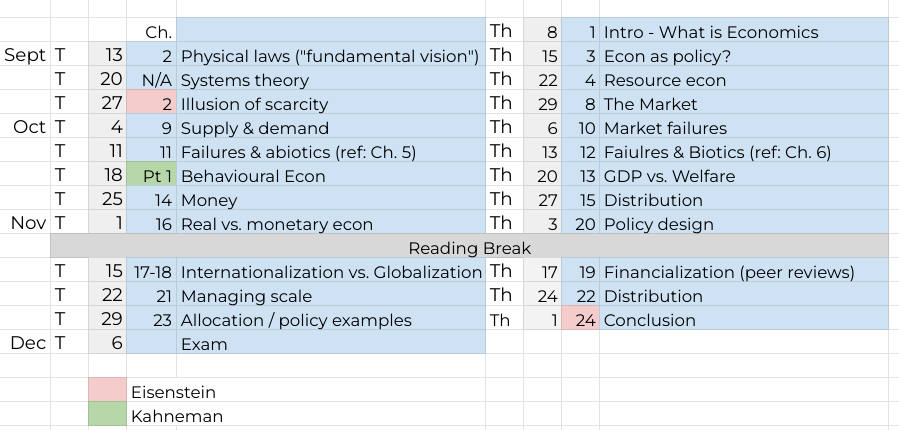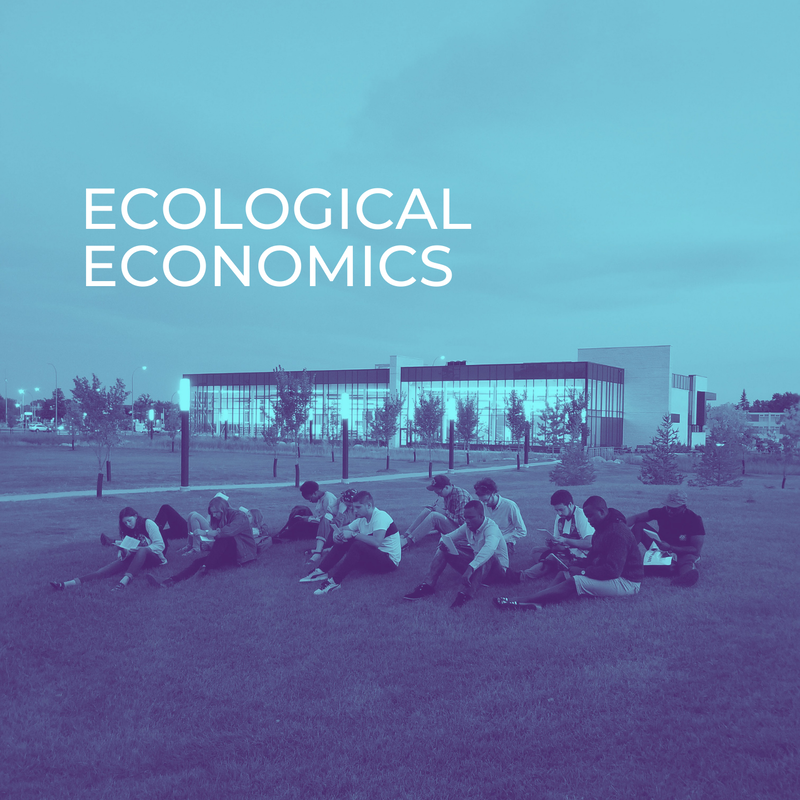Ideas to inform policy
Supplementary textsDEFINITIONS
What is Degrowth? by Frederico Demaria et al Towards a Society of Frugal Abundance pt 1 by Serge Latouche HAPPINESS The State of Happiness, by Nicola Bacon et al Is a happy life different than a meaningful one? by Jill Suttie and Jason Marsh Why Loneliness is Toxic, by Wendy Leung In extremis, by Nabeelah Jaffer DREAD, FEAR, HOPE Gen Dread by Birtt Wray (subscribe for access) ENERGY Revisiting the Limits to Growth, by Hall & Day The Physics of Energy and the Economy, by Gail Tverberg TECHNOLOGY A Critique of Techno-Optimism, by Samuel Alexander BEHAVIOUR Thinking Fast & Slow, by Daniel Kahneman INSTITUTIONS Governing the Commons: The Evolution of Institutions for Collective Action, by Eleanor Ostrom The Tragedy of the Tragedy of the Commons, by Matto Mildenberger POLICY DESIGN Ecological Economics as a Policy Science, by Tian Shi Doughnut Economics Acton Lab LIVELIHOODS A World With No BS Jobs, by David Graeber The Disappearing Company Job, by Mary Lynk Why Radical Homemaking Makes Sense, by Starre Vartan (re: Shannon Hayes) Other curiosities can be indulged under "Citizenship, Land, Economy." |
Ecological economics is not merely the study of economics, but a broad, non-technical, and transdisciplinary study of the relationship between humans and the biosphere. Using a long view of history, this course incorporates ideas from across the social and natural sciences to enrich and challenge traditional economic concepts. Topics include the co-evolution of political, economic, and energy systems, the origins of money and inequality, the present scale of ecological decline (including, but not limited to climate change), proposed solutions and barriers to their implementation.
Objectives: This course aims to both enrich and challenge traditional economic concepts by incorporating relevant concepts from a variety of other disciplines. The emphasis is on lines of inquiry relevant to contemporary economic challenges, including sustainability and inequality. |

